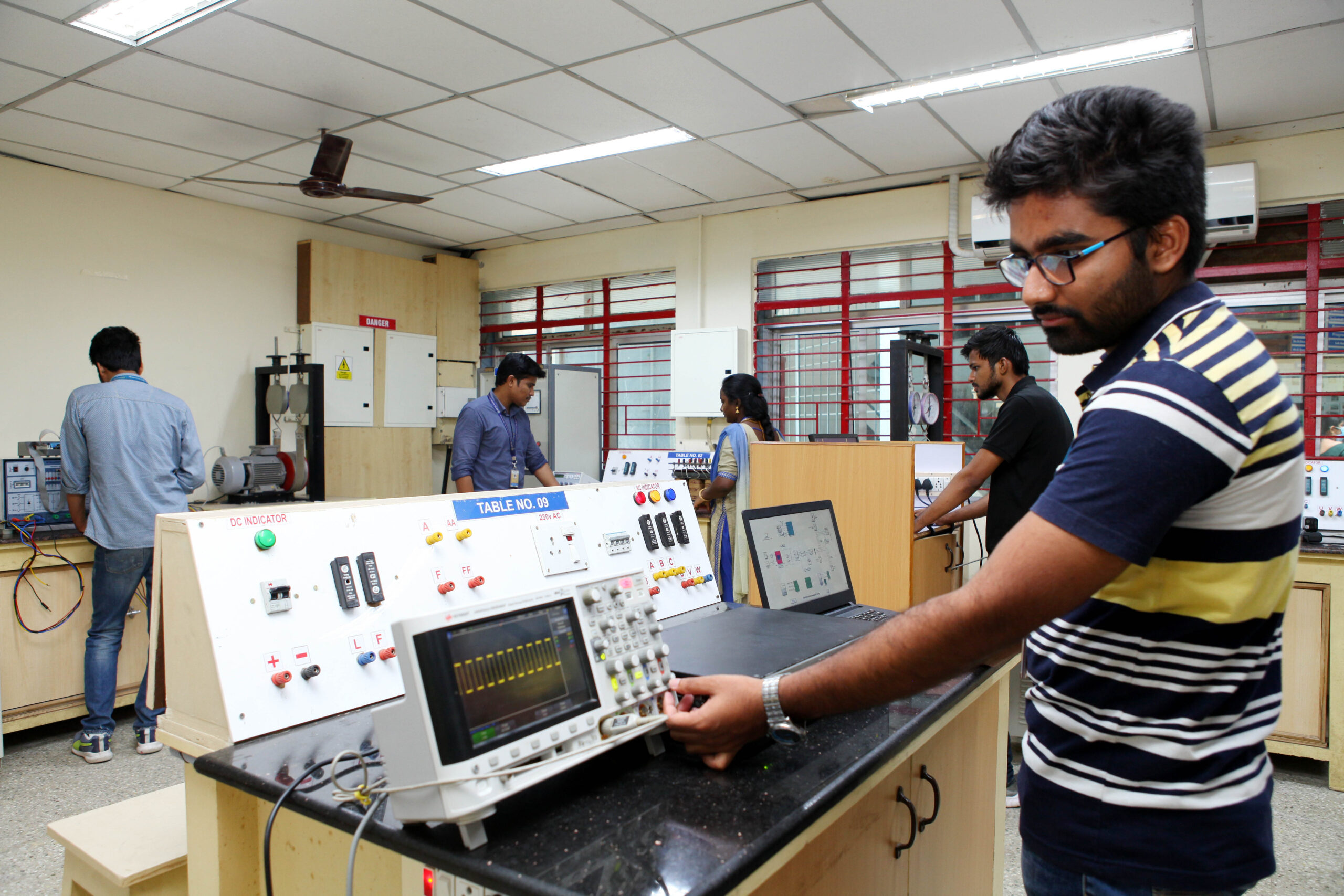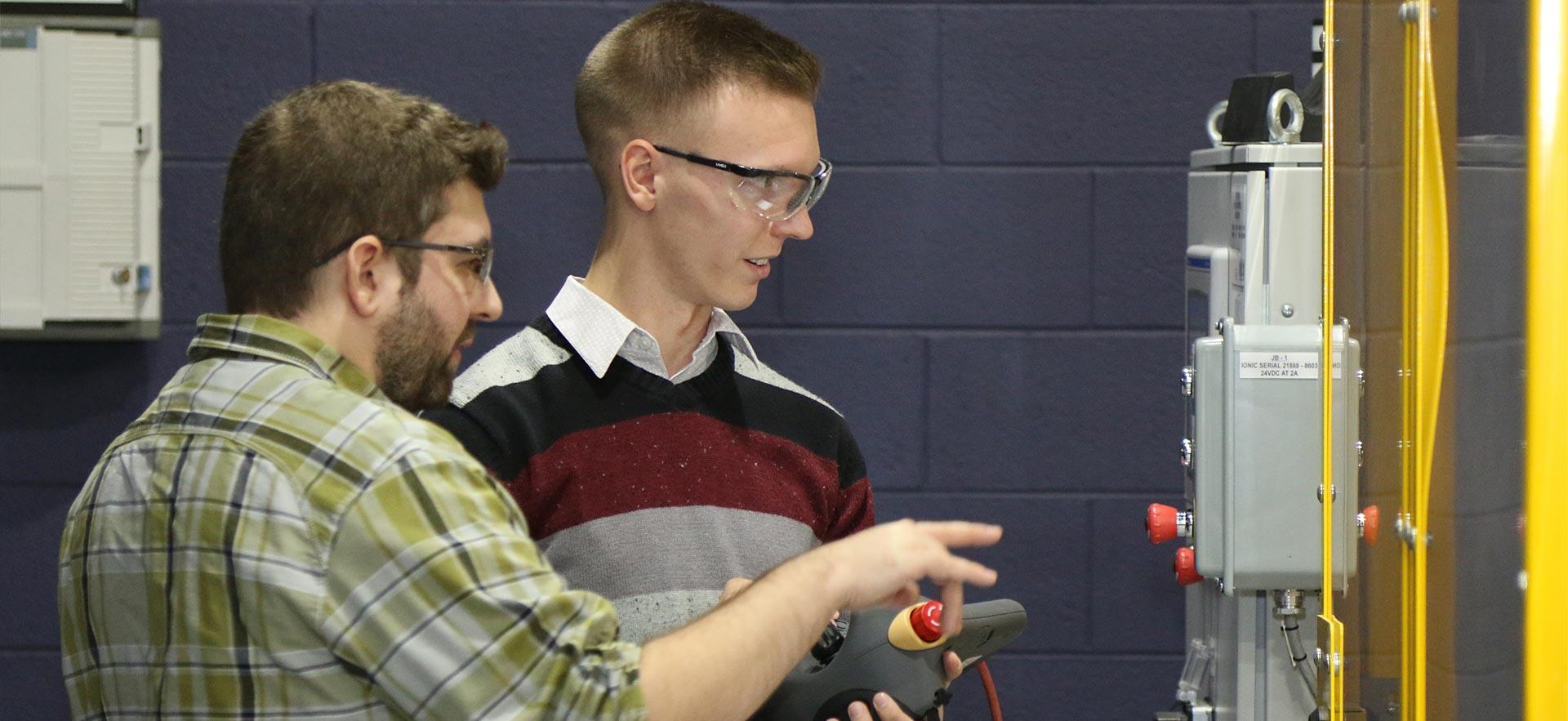Embedded systems power the smart technologies that shape our everyday lives. From intelligent appliances to advanced automotive systems, they are at the heart of modern innovation. The M. Tech. in Embedded Systems program at NIELIT University equips you with the skills to design, develop, and optimize these intelligent systems. With a strong foundation in hardware-software integration, real-time computing, and system design, this program prepares you to drive advancements across industries such as IoT, robotics, healthcare, and aerospace.
In today’s smart and interconnected world, Embedded Systems form the core of innovation across industries — from consumer electronics and automotive to healthcare and industrial automation. This program is designed to create industry-ready engineers with deep knowledge in embedded technologies, real-time computing, microcontrollers, and embedded software development.
The M. Tech. in Embedded Systems at NIELIT University is an advanced, industry-aligned program that equips students to design intelligent embedded solutions with efficiency, reliability, and security. Through hands-on learning, state-of-the-art labs, and industry-relevant projects, students gain practical exposure to tools like ARM processors, RTOS, FPGA, and IoT platforms.
Graduates will be prepared for roles in automotive systems, aerospace, IoT devices, medical electronics, defense, and robotics — where embedded systems drive smart innovation. With the digital transformation in full swing, this program opens up exciting opportunities in both research and product development sectors.


The curriculum blends foundational knowledge with cutting-edge tools and trends in embedded systems:
In addition to coursework, students will undertake mini-projects and a major capstone project to demonstrate their problem-solving abilities and innovation.